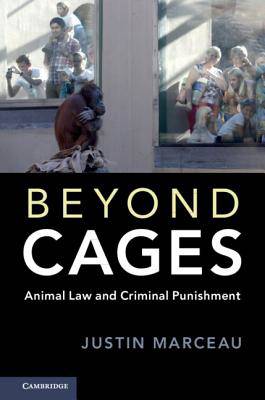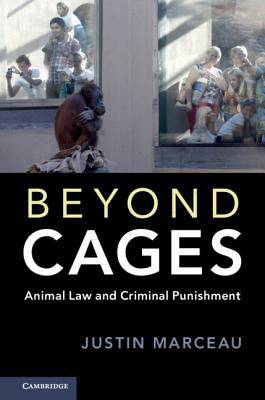
- Afhalen na 1 uur in een winkel met voorraad
- Gratis thuislevering in België vanaf € 30
- Ruim aanbod met 7 miljoen producten
- Afhalen na 1 uur in een winkel met voorraad
- Gratis thuislevering in België vanaf € 30
- Ruim aanbod met 7 miljoen producten
Zoeken
€ 59,45
+ 118 punten
Omschrijving
For all the diversity of views within the animal protection movement, there is a surprising consensus about the need for more severe criminal justice interventions against animal abusers. More prosecutions and longer sentences, it is argued, will advance the status of animals in law and society. Breaking from this mold, Professor Justin Marceau demonstrates that a focus on 'carceral animal law' puts the animal rights movement at odds with other social justice movements, and may be bad for humans and animals alike. Animal protection efforts need to move beyond cages and towards systemic solutions if the movement hopes to be true to its own defining ethos of increased empathy and resistance to social oppression. Providing new insights into how the lessons of criminal justice reform should be imported into the animal abuse context, Beyond Cages is a valuable contribution to the literature on animal welfare and animal rights law.
Specificaties
Betrokkenen
- Auteur(s):
- Uitgeverij:
Inhoud
- Aantal bladzijden:
- 298
- Taal:
- Engels
Eigenschappen
- Productcode (EAN):
- 9781108405454
- Verschijningsdatum:
- 13/06/2019
- Uitvoering:
- Paperback
- Formaat:
- Trade paperback (VS)
- Afmetingen:
- 213 mm x 229 mm
- Gewicht:
- 408 g

Alleen bij Standaard Boekhandel
+ 118 punten op je klantenkaart van Standaard Boekhandel
Beoordelingen
We publiceren alleen reviews die voldoen aan de voorwaarden voor reviews. Bekijk onze voorwaarden voor reviews.











